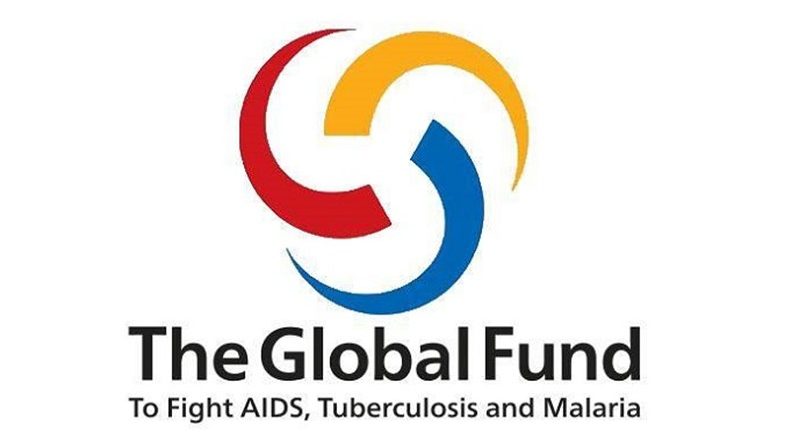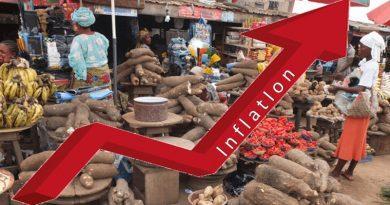Nigeria and Africa to be first recipients of new supply chain learning program from ASCM and the Global Fund
ASCM (the Association for Supply Chain Management) has announced it has received a grant from the Global Fund to Fight AIDS, Tuberculosis and Malaria.
The grant will be used to develop a long-term transformational learning program which will support the fund’s supply chain organizational strength-building activities in Africa, starting in Nigeria.
The program will give people in Nigeria increased access to health products as a key supporting element aligning with the Global Fund’s mission of improving good health and well-being.
The program will train Nigerians engaged in the operation of the public health supply chain, which oversees the procurement and supply of products like anti-malarials, HIV medicine and mosquito nets.
A total of 1,500 Nigerians will be trained, of which 150 will be involved in a 10-course program that will equip them with the skills to run and build strong supply chain programs in their local markets.
“At ASCM we believe in using the power of supply chains to create a better world. This program is designed to equip the local professionals with the skills necessary to create a more robust and productive community as it relates to supply chain management,” said ASCM CEO Abe Eshkenazi, CSCP, CPA, CAE. “Working with the Global Fund enables us to leverage ASCM’s globally recognized content and certifications to make an impactful difference for the people and communities in Africa.”
As the global authority in supply chain, ASCM and its Foundation can help these developing markets improve supply chains and the lives they touch.
The program’s strategy focuses on heightening the capability of leaders, professionals and the public health workforce to maximize proven programs in learning, development and organizational transformation. Key tenets of the program include the following:
The first components of the program will include planning, organization and delivery of a Transformation Learning Program (TLP) for select leaders at the national, state-regional and local levels. These stakeholders will generate an improvement portfolio and organizational capability-building plan while earning APICS SCOR-P and Certified Supply Chain Professional (CSCP) designations.
Key partners and instructors will help implement the organizational capability plan using the Certified in Production and Inventory Management (CPIM) and Certified in Logistics, Transportation and Distribution (CLTD) designations; as well as Principles on Demand, ASCM’s online education platform focused on the basics of operations management.
Alongside the Global Fund’s cross-functional teams and the ASCM Foundation, key stakeholders will include public health team, ministers of health and their staffs at the national level, state and regional public health leaders and officials, and local public health leaders at the facility level.
“The Nigerian stakeholders and the Global Fund recognized the significant collaborative opportunity that ASCM and its Foundation offer in regard to global industry standards and solutions. Our goal in working together is to leverage and offer ASCM’s workforce development solutions to the Nigerian public health supply chain, enabling them to impact more people in a more sustainable way,” said Alfons van Woerkom, head of Supply Chain at the Global Fund. “We believe this program will help shape and improve the lives of Nigerians and other communities we’re targeting economically, environmentally and socially.”
This program comes on the heels of ASCM’s, with the support of its Foundation, current work in Africa, including a grant received from the Bill & Melinda Gates Foundation which enables them to build sustainable supply chains in Africa. In addition, the ASCM Foundation Leadership Forums will host one-day events in Kenya, Nigeria and Senegal in October 2019.
These forums will maximize the ASCM Foundation’s proven best practices and help establish and nurture a sustainable supply chain community of practice in critical markets.




